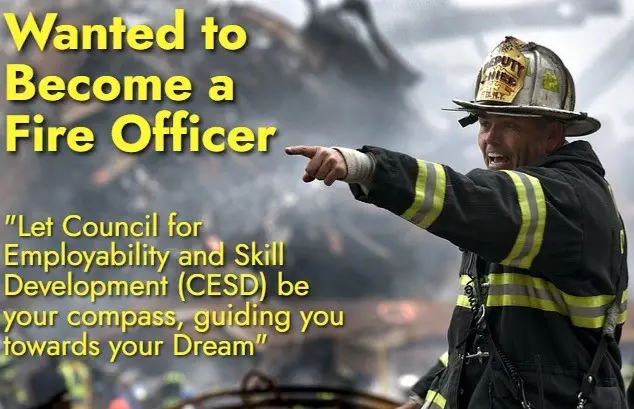How To Dispose of Old Fire Extinguishers
Whether your fire extinguisher has been used or stored, it may be time for a replacement. With many types of fire extinguishers available, it is important to know what type of fire extinguisher you have (disposable or rechargeable) and where your local hazardous waste management facility is located. To properly dispose of old fire extinguishers (expired, used, or unusable), you must take them to your local hazardous waste management facility. You may also be able to contact your local fire department to see if there is a program that allows you to take your extinguisher directly to them. However, disposal programs may not be available in your area.
How Long Do Fire Extinguishers Last?
 Knowing what type of fire extinguisher you have can help determine its lifespan. It is a good idea to visually check your fire extinguisher at least once a month, according to this blog from the National Fire Protection Association (NFPA). Once you have determined what type of fire extinguisher you have, such as a rechargeable or disposable extinguisher, it can help you learn about lifespan, proper storage, and whether or not you have an expired fire extinguisher. As stated in a 2022 Fire Protection Blog article, “According to NFPA standards, disposable fire extinguishers need to be replaced every 12 years, and rechargeable fire extinguishers must be recharged every 6 years.” (Fire Protection Blog, 2022). Additionally, due to the many portable fire extinguishers on the market, you should also carefully read the label and manufacturer’s recommendations for must-know information about your extinguishers.
Knowing what type of fire extinguisher you have can help determine its lifespan. It is a good idea to visually check your fire extinguisher at least once a month, according to this blog from the National Fire Protection Association (NFPA). Once you have determined what type of fire extinguisher you have, such as a rechargeable or disposable extinguisher, it can help you learn about lifespan, proper storage, and whether or not you have an expired fire extinguisher. As stated in a 2022 Fire Protection Blog article, “According to NFPA standards, disposable fire extinguishers need to be replaced every 12 years, and rechargeable fire extinguishers must be recharged every 6 years.” (Fire Protection Blog, 2022). Additionally, due to the many portable fire extinguishers on the market, you should also carefully read the label and manufacturer’s recommendations for must-know information about your extinguishers.
I Have A Used Fire Extinguisher… What Do I Do With It?
If you have a used fire extinguisher, it is a good rule of thumb to dispose of it as if it were full by taking it to your local hazardous waste facility. Due to the chemical contents of fire extinguishers, it is necessary to dispose of them in a safe and regulated manner, as hazardous waste facilities are prepared to address these hazards. When it comes time to dispose of old fire extinguishers, an expired fire extinguisher should also be properly disposed of at a regulated hazardous waste facility. If you are unsure of where your local hazardous waste facility is, we recommend contacting your city hall to find your nearest disposal location.
Keeping Your Fire Extinguishers Operable
Conducting regular visual inspections of your residential fire extinguishers is a great starting point for keeping your fire extinguisher safe and operable. Proper storage of your fire extinguisher will also help keep your extinguishers ready for emergency use. Some fire extinguishers may have a mounting bracket that can hold your extinguisher for easy and accessible storage. If your extinguisher does not come with a mounting bracket, you should place it upright in a safe area. An important point to remember is that all fire extinguishers in your home should be stored in central locations and near any spaces that have fire risks, such as a kitchen or garage.
As a friendly reminder, when you’re ready to dispose of old fire extinguishers, take it to your local hazardous waste facility and be sure to replace them to keep your home protected
""""


